Even before the coronavirus pandemic, Lotanna Onyejekwe was no stranger to social distancing.
You see, Onyejekwe has social anxiety disorder. It was easier to be alone than face people.
When she was in high school, it morphed into something she didn’t expect: a deep depression.
She skipped school for two months. That led her to not graduate high school, which, in turn, exacerbated the depression. Through it all, she didn’t get help because she had trouble being around people and felt even more uncomfortable asking them for help.
Onyejekwe is not alone. Experts say that depression in the Black community can be even more difficult to identify and treat because of the stigma involved, the fear of being labeled “crazy.” The fear that people will think something is wrong with you.
“Mental health is not really talked about in the black community. Everyone just expects you to drink water and keep it moving,” said Donald Uti, who was born in Nigeria and lives in Downey.
Uti recalls a time he felt he was at his lowest.
He was hanging out with a group of friends at his high school when one of his friends walked over to give him a hug.
Uti pushed the friend away, literally and figuratively. He did that with others he was close to as well.
His friends started wondering what was wrong and noticed a change in his behavior. He missed school for an entire week. People were wondering and asking questions but he made up excuses.
It was as though he was at war with himself.
“The final straw was when I missed an exam. One of my closest friends came to my house and found me drunk with a bottle of tequila,” he recalled.
The friend took the bottle out of Uti’s hand, had him take a shower and put him to bed.
Uti woke up to see that his friend was waiting with food for him and didn’t leave until he knew Uti was allright.
“That’s a real friend,” Uti thought, feeling truly cared for.
That allowed Uti to finally open up.
“I was raped at a party three years ago,” he confided to the friend.
For Uti, that low point in his life led him to the path of recovery and he recalled realizing that “although I may feel alone, I have a whole village who would go to war to make sure I’m alright and sane.”
Talking about what happened as well as being expressive through dance has helped him through tough times.
“Sharing my story is also a healing process,” he said. “I’m a dancer and have been dancing since I was a child. That was one of my therapeutic ways to cure my depression.”
Unfortunately, the pandemic and George Floyd’s death is leading him back to dark places.
“This pandemic has affected me in so many ways than one. I can’t dance like I used to anymore. I can’t see my therapist face to face anymore. It’s just all hitting me all at once,” he said.
Like Uti, many people with histories of anxiety or depression are feeling triggered by the pandemic. “Fear and anxiety about a disease can be overwhelming and cause strong emotions in adults and children,” according to the Centers for Disease and Control.
While that has done that for Uti, he is also focused on his goal of someday helping others like him as a therapist for Black, gay men.
***
As for Onyejekwe, as she sunk further into her depression, she became a prisoner to her own room and mind.
“I was physically paralyzed and unable to do anything,” she recalled. She likened the depression to running a long-distance marathon without knowing how long it was. It felt never ending.
“I didn’t have a will to live. I did not think I was going to survive. I just wasn’t sure why I was on this earth,” she said.
Days went by. Weeks. Then, months.
She managed to complete the equivalent of a high school diploma and get into San Francisco State University.
The stresses related to college wasn’t easy but her roommate made sure she was OK. She would make her food and help her clean her room.
The comfort provided by having a friend who cared and her relationship with God starting to slowly make a difference in her life. One day, something changed: “I realized that I don’t want this to take me out.”
From that moment, Onyejekwe decided to push forward and avoid looking back. She received her bachelor’s degree in psychology.
And she didn’t stop there. She decided to pursue a master’s degree in film so that she could direct movies and tell stories about the African diaspora and “open the minds of her audiences by telling the stories of Black and Brown people,” according to her Vimeo profile.
***
Much like Uti and Onyejekwe, Baylor University graduate Maryse Bombito has struggled with anxiety for years and now works to bring awareness to mental health.
It came to her as an epiphany. She was sitting in church and realized that mental health is not really talked about, especially when it comes to the conditions people struggle with on a daily basis.
She decided to create a visual journal, called “Healing Through Art.” It’s made up of different stories accompanied by artwork that shows the plagues of the mind.
“Every page is a little work of art,” she said. “I aspire to represent creativity through the lens of God and use my art to break strongholds,” she said.
She said she is on a journey to de-stigmatizing the mistaken narrative surrounding mental health while acknowledging the realities and communities it may affect.
“We need to be the ones to stop the cycle and heal,” she said. “People are dying, and people are suffocated by their thoughts.”
Updated July 22 to correct that Lotanna Onyejekwe’s friend assisted her in college and to clarify that she completed the equivalent of a high school diploma.

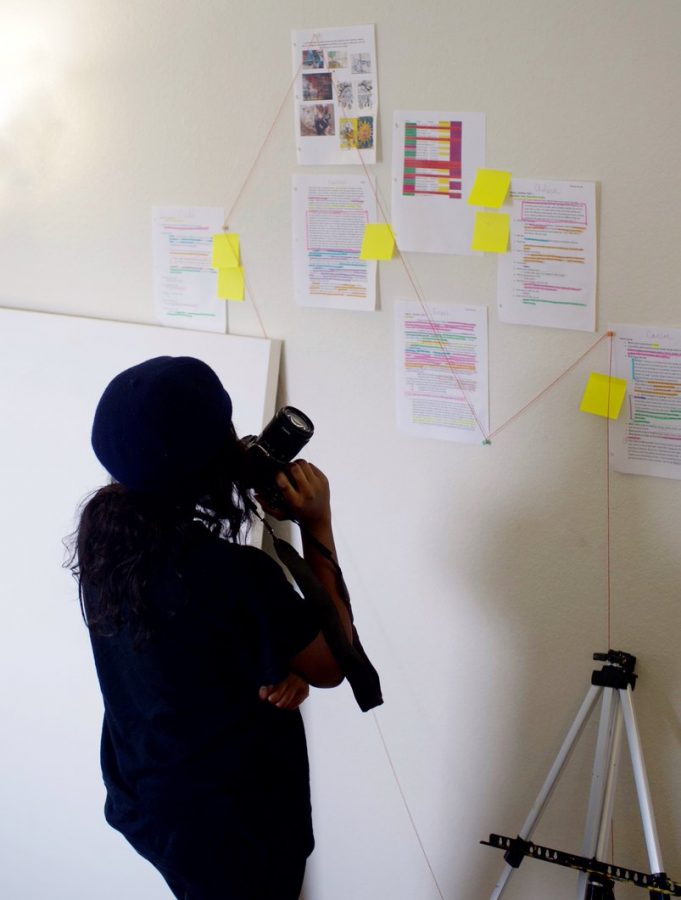






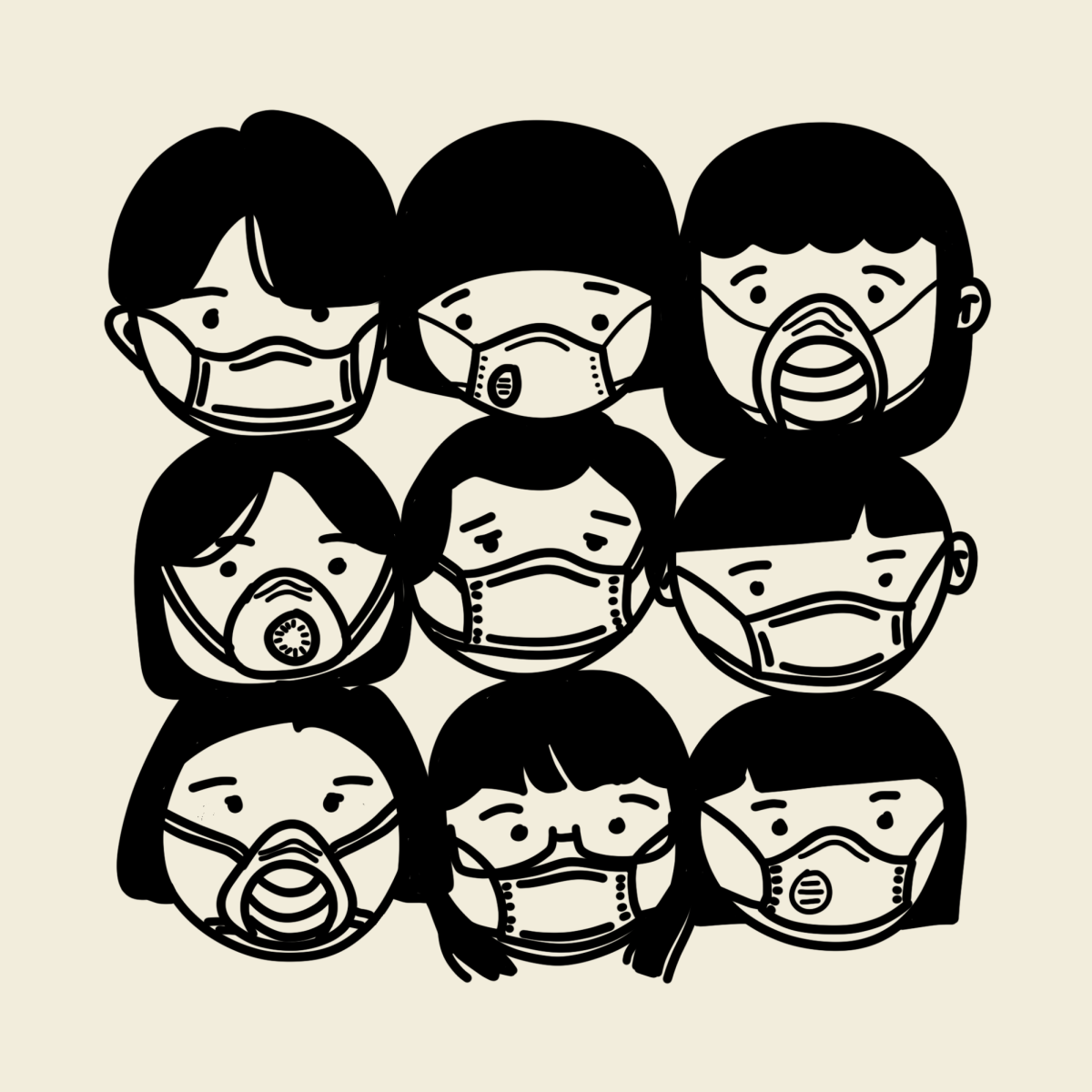

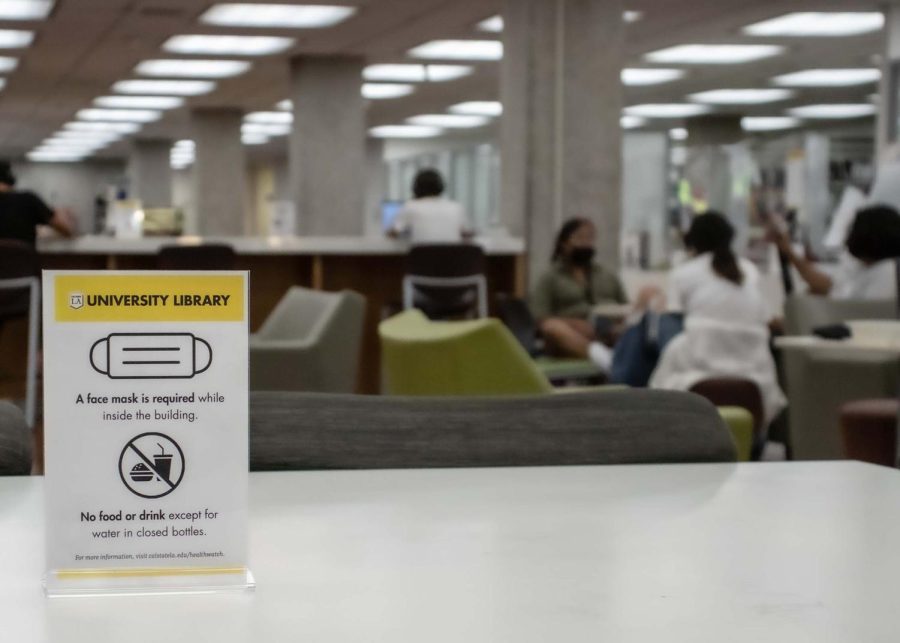
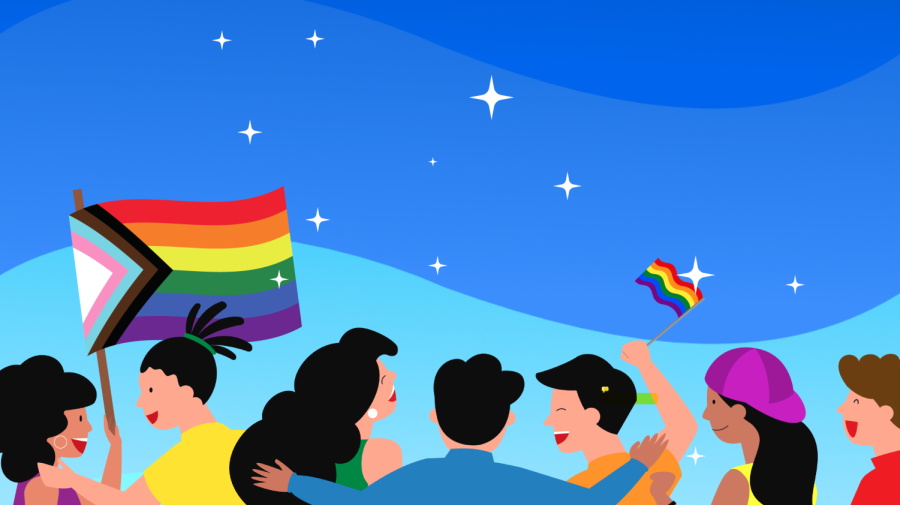
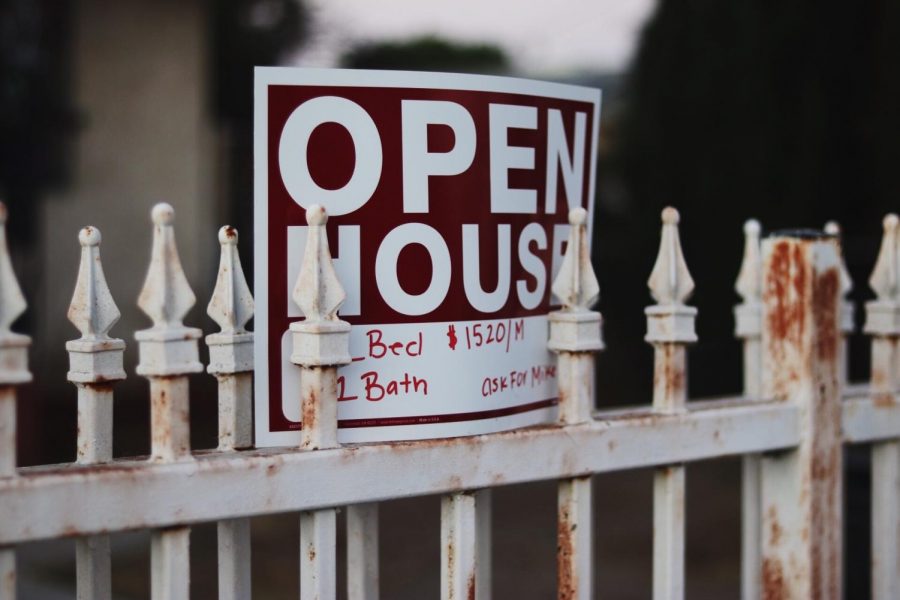
Community News Digital Editor • Jun 4, 2020 at 3:28 pm
We hope the revised headline is more clear. Thank you for your feedback, Mr. Maio.
Harold A Maio • Jun 3, 2020 at 12:11 am
—–Mental health stigma makes matters worse for some Black folks ???
What you mean to say is those TEACHING there is a stigma to mental health make it worse.
Harold A Maio, retired mental health editor